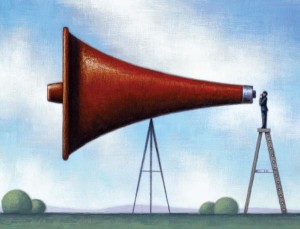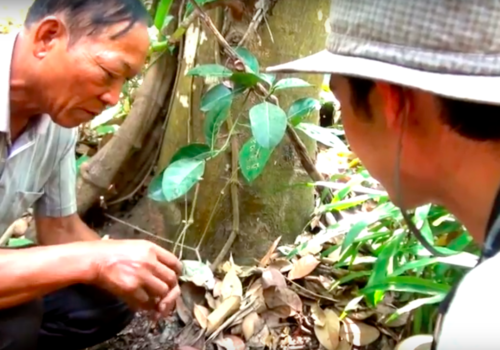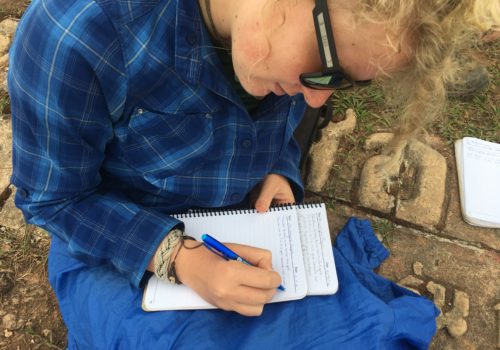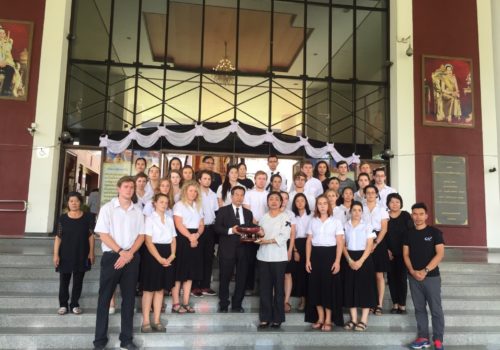
Scientists need a listening public
A sobering post up by Joseph Romm on the failure of scientists to communicate the realities facing us due to global warming, Publicize or perish: The scientific community is failing miserably in communicating the potential catastrophe of climate change. His post is a reprint from a special issue of Physics World on Energy, Sustainability and Climate Change. (emphasis mine)
The fate of the next 50 generations may well be determined in the next few months and years…
The International Scientific Congress on climate change held in Copenhagen in March, which was attended by 2000 scientists, concluded that “Recent observations confirm that, given high rates of observed emissions, the worst-case Intergovernmental Panel on Climate Change (IPCC) scenario trajectories (or even worse) are being realized.” That would mean that by 2100 there would be atmospheric concentrations of carbon dioxide of more than 1000 ppm, total planetary warming of 5 °C and sea-level rises probably on the high end of recent projections of 1–2 m followed by a rise of as much as 2 cm per year or more for centuries. We would also see one-third of inhabited land reaching dust bowl levels of aridity, half or more of all species becoming extinct, and the oceans increasingly becoming hot, acidic, dead zones. And if we do not change course quickly, the latest science predicts that these impacts may be irreversible for 1000 years.
That’s not good. The problem is:
In short, the fate of perhaps the next 100 billion people to walk the Earth rests with scientists (and those who understand the science) trying to communicate the dire nature of the climate problem (and the myriad solutions available now) as well as the ability of the media, the public, opinion-makers and political leaders to understand and deal with that science.
Given the money being poured into denying climate science to protect the profits of carbon intensive industries (coal, oil, etc.), and their exploitation the false idea of “there are always two sides to every issue” we’ve got a serious problem. The same dynamic existed with the link between cigarette smoking and lung cancer (money poured into creating doubt, insisting on “balance” when the science was clear there as a link, etc.). The big difference here, however, is that the changes taking place are occurring over generations, rather than an individual’s lifespan.
People who smoke die of lung cancer at higher rates, and it is easy to see and observe first hand, even by people who don’t understand the science. You can see an uncle who you remember being young and healthy coughing, getting ill, and finally dying from lung cancer in only a few years. The end point — death — was something that anyone could see, and see multiple times from multiple cases.
We have, however, only one earth, and it is dying. Part of dealing with a terminal illness is getting over the denial that it is really happening, because denying in some ways makes you feel superior. “The doctor’s wrong!” “I’m as strong as an ox!” “The tests aren’t reliable!”
Another stage in dealing with a terminal illness is bargaining: “It won’t be that bad!” “There will be a cure soon.” “We can deal with it once technology gets better…”
The problem isn’t just that scientists are poor communicators. The problem is that we don’t want to listen.
(See also The Invention of Lying about Climate Change)



